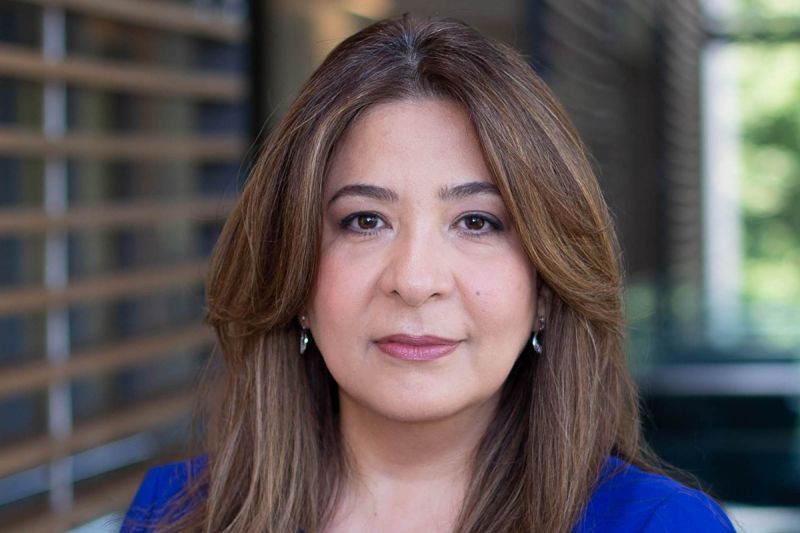
Advancing medical interventions through artificial intelligence
When most people think of artificial intelligence (AI) they picture robots from Hollywood blockbusters or science fiction, but in reality, machine learning is already being used for many real-life applications. Parvin Mousavi, a professor in the Queen's School of Computing, is one of the researchers on the forefront of AI developments and is working to advance next generation medical interventions.
In recognition of her leadership in the field, Dr. Mousavi was recently named as a Canadian Institute for Advanced Research Chair (CIFAR) of Artificial Intelligence at the Vector Institute. The chairs will help advance Canadian leadership in priority areas under the Pan-Canadian Artificial Intelligence Strategy at CIFAR, which has identified AI for health as a priority area for growth.
Sector-leading innovation
Broadly speaking, Dr. Mousavi’s research focus is on using AI to better peoples lives, but a more in-depth look reveals a track record of advancing patient centric care, and data modelling using AI to increase the uptake of new methods used in clinical decision-making.
Dr. Mousavi’s work exploring the use of computer-assisted diagnosis of diseases using ultrasound-guided interventions is refining the accuracy of low-cost options which will also make care more accessible.
She also leads the multi-institutional NSERC CREATE Training program in Medical Informatics at Queen’s, which crosses machine learning and digital health. The CREATE program leverages talented students to collaborate across disciplines on how AI can be used to improve biomedical procedures such as cancer diagnosis, therapy design, and surgery.
Contributing to national research
Dr. Mousavi is among seven researchers from the new chairs cohort who positions will be affiliated with the Vector Institute in Toronto. The Vector Institute is an independent, not-for-profit corporation dedicated to research in the field of artificial intelligence, excelling in machine and deep learning.
“Artificial intelligence is one of the greatest technological transformations and economic opportunities of our age,” says the Honourable François-Philippe Champagne, Minister of Innovation, Science and Industry. “We continue to support and grow the Chairs program so Canada can continue to retain, attract and develop academic research talent in AI.”
The Canada CIFAR AI Chairs program is a cornerstone of the strategy, recruiting the world's top AI researchers to Canada while retaining existing talent. The prestigious program provides university-affiliated faculty with long-term, dedicated funding to support cutting-edge research programs and help them train the next generation of AI leaders.
“A formal association with CIFAR and the Vector Institute will allow me to broaden and magnify the impact of my program, bringing together experts in a wide range of domains to build high-momentum teams, leverage connections to attract world-class trainees and place them in key academic and industrial positions, and collectively create new opportunities for scholarship, funding, and recognition to Vector,” Dr. Mousavi says. “The program will bring about transformative and actionable advances with meaningful impact on patient health and survival.”
Learn more about Dr. Mousavi’s appointment by visiting the CIFAR website.
Note: This article originally appeared in the Queen's Gazette.

